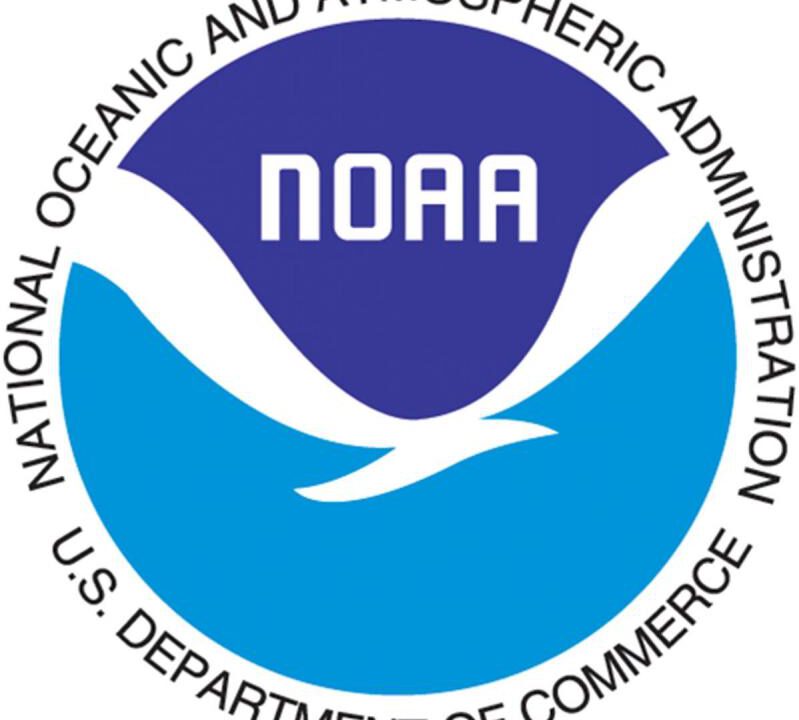
NOAA Activity: Estuary Food Pyramid
Students will build an estuary food pyramid and discuss how marine food webs will be impacted by climate change through a scientific article.

Students will build an estuary food pyramid and discuss how marine food webs will be impacted by climate change through a scientific article.
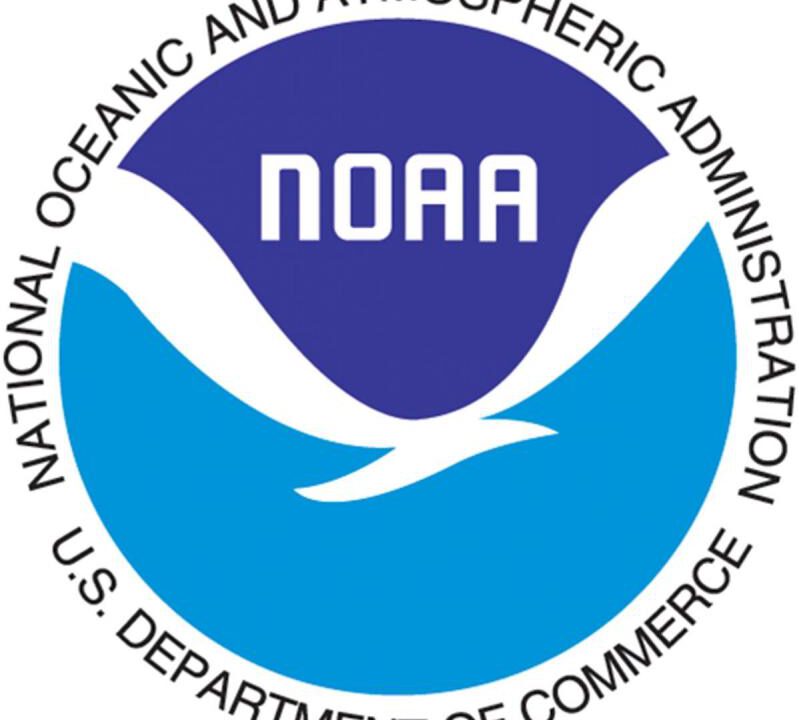
Web-based resources to determine the impact predicted higher tides on coastal areas, devise a plan to mitigate for these tides and discuss how to apply this to communities.
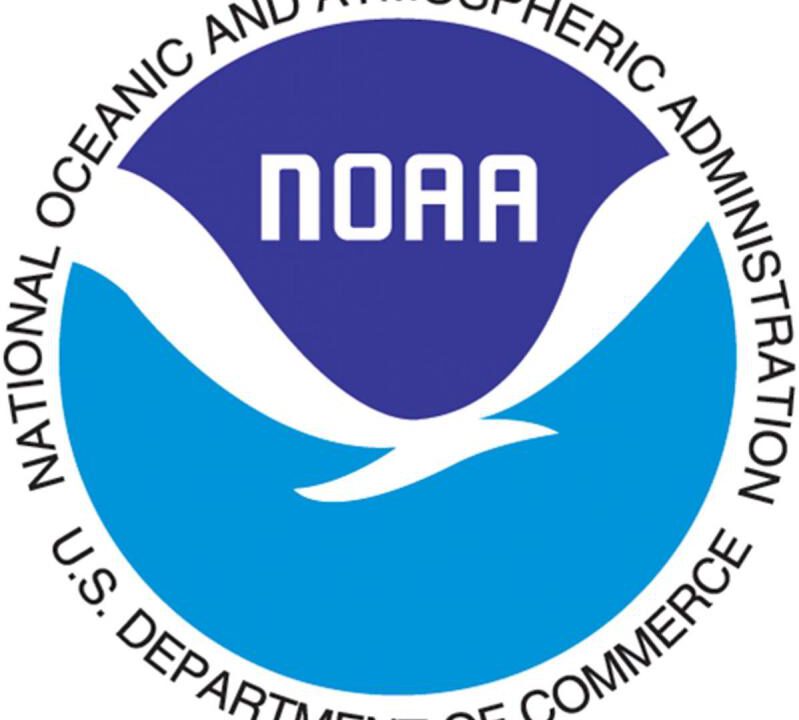
Students learn the effect of ocean currents on climate change and determine how changes in atmosphere and ocean temperatures could change the Great Ocean Conveyor Belt.
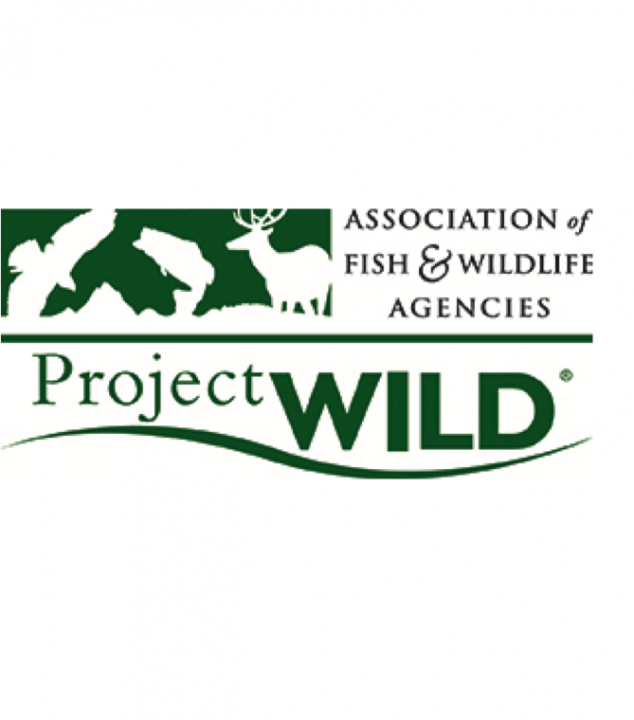
Project Wild is a great resource that includes Teacher Workshops, Teacher Training, Activities, Field Investigations, and Student Resources. Topics focus on Conservation, Wildlife, Natural Resource management, Renewable Energy Sources, habitats,
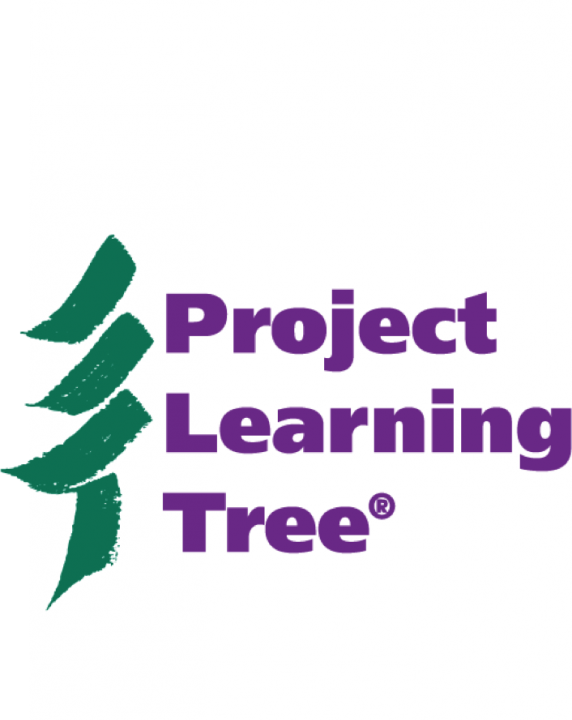
Project Learning Tree is a great Teacher Resource that includes Teacher Trainings, Workbooks, Student Activities, E-units and more! Include a vast amount of nature related topics including Climate Change Impacts,
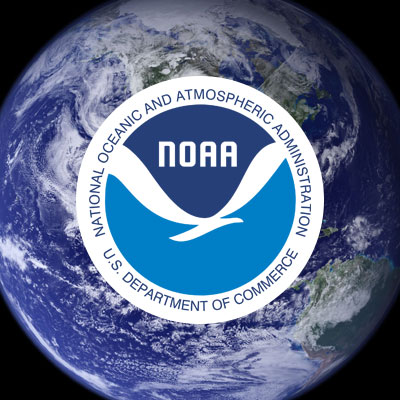
NOAA’s U.S. Climate Resilience Toolkit. A collection of data, case studies, and information on climate and resilience for educators.
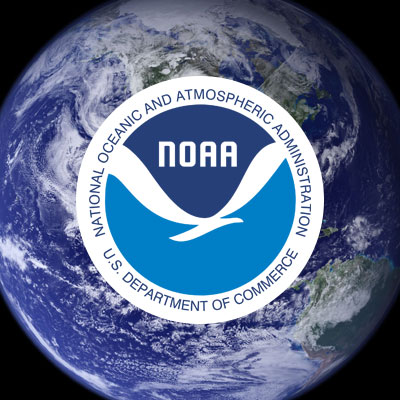
NOAA’s Climate Literacy Principals, a resource including fundamental concepts for Teaching Climate Science. The Teaching Climate Science section supports the Next Generation Science Standards.
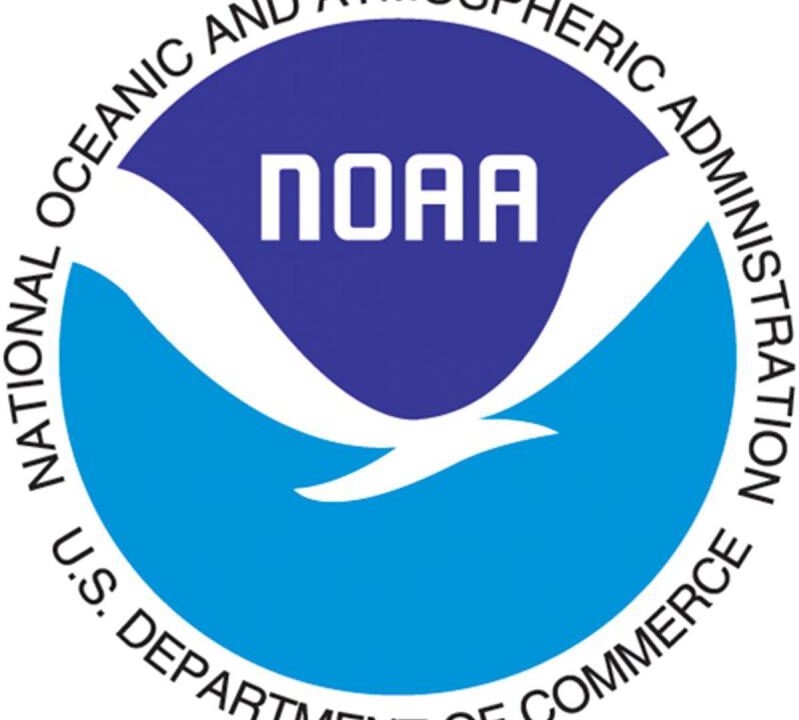
Students can use ocean data to explore today’s pressing environmental issues, and create problem solving skills. Includes online and classroom Lesson Plans and Activities with user friendly data exploration tool.
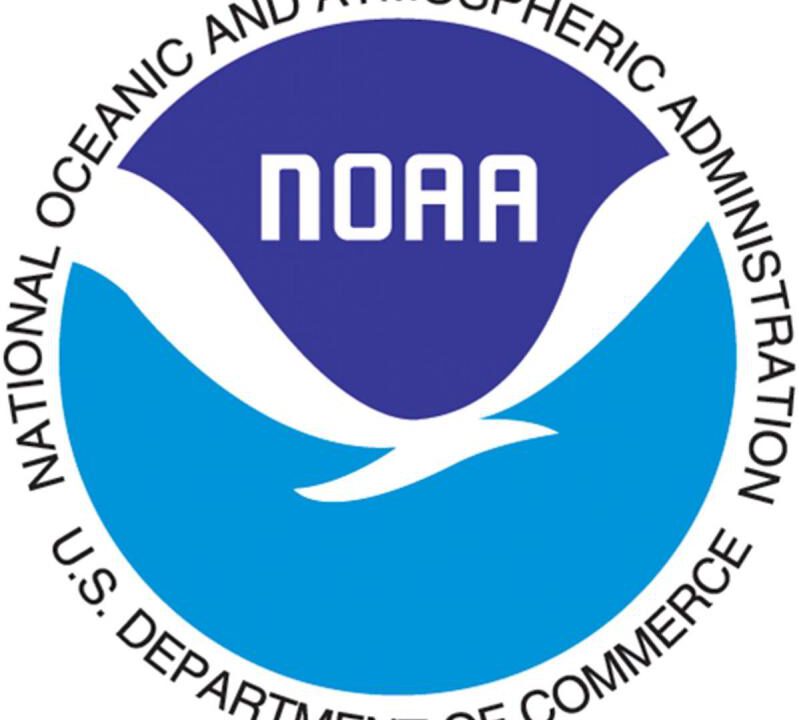
NOAA’s Data Resources for Educators. The data collection consists of ocean and atmospheric data sources that are user friendly and appropriate for classrooms and informal education settings. Includes SOL aligned
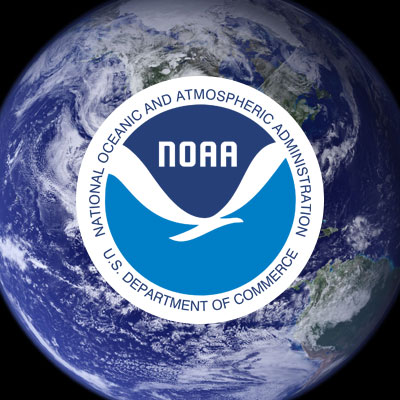
Estuary Food Pyramid Students will build an estuary food pyramid and discuss how marine food webs will be impacted by climate change through a scientific article.
Notifications